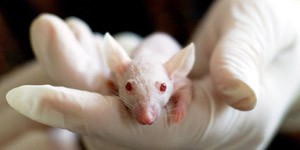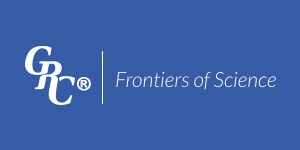By José Carlos Bouso

José Carlos Bouso is a clinical psychologist and a doctor of pharmacology. His areas of interest are psychopharmacology and the therapeutic properties of entactogens, psychedelics and cannabis. He has conducted therapeutic research with MDMA, pharmacological research with several substances of plant and synthetic origin and has also performed studies on the long-term neuropsychological effects of substances such as cannabis, ayahuasca and cocaine. He is author of the book "Qué son las drogas de síntesis" [What are synthetic drugs?], and co-author of “¿La marihuana como medicamento? Los usos médicos y terapéuticos del cannabis y los cannabinoides" [Marihuana as medicine? The medical and therapeutic uses of cannabis and cannabinoids] and "Ayahuasca y salud" [Ayahuasca and health]. His research has been published in scientific journals. He is currently the director of scientific projects at Fundación ICEERS.
This report aims to present a recapitulation and update of the current scientific knowledge about cannabidiol, or CBD. CBD has become popular in recent years as a quasi-miraculous product that can treat almost any medical condition, including diseases related to the central nervous system, i.e. neurological and psychiatric.
With the popularization of CBD as a medicine, a myriad of companies that market it have emerged, with varying degrees of reliability with respect to its content. There have also been arrests of producers and sellers, despite the fact that CBD is not a controlled substance under either international or national legislation.
All of this means that the average person may feel confused about a product which, moreover, is only recognised as a treatment for some severe childhood epilepsies. The author of this report, Dr. José Carlos Bouso, has reviewed all the relevant scientific literature published to date on CBD to provide the reader with detailed information on the real (and also potential) uses of CBD, how to use it, the risks and benefits associated with its consumption depending on the purposes for which it is used, the precautions to be taken with specific groups such as children, the elderly or pregnant women, as well as its legal status.
CBD is not a miracle product, and this report aims to describe its potential benefits fairly, based on the currently available evidence. The report is accompanied by complementary information illustrating the medical basis for CBD and how the cannabis plant and its compounds, the cannabinoids, have come out in such an interesting way in nature and are so versatile in terms of their therapeutic applications.
Supplementary information is also offered for those who wish to deepen their knowledge of this unusual product that, without a doubt, is here to stay, due to its numerous medical applications coupled with an almost negligible physiological risk.


